



November 15, 2023
A new video from the DALI Alliance explains D4i technology, which enables luminaire-level lighting control with enhanced data and diagnostics.
D4i devices comply with the DALI-2 standard for digital lighting control, and have a mandatory set of features making them suitable for use in smart lighting applications in buildings and cities.
D4i enables luminaire-level lighting control with enhanced data and diagnostics. The technology is plug-and-play, future proof and IoT ready.
D4i enables intra-luminaire DALI networks by taking care of power-supply requirements. The DALI protocol, or language, is used to communicate between D4i lighting-control devices in a luminaire.
D4i provides access to a rich set of data, including luminaire information, energy consumption, diagnostics, and maintenance data. The technology is ideal for use in smart lighting applications in buildings and cities.
Technical details
In technical terms, D4i defines the interface between the D4i luminaire and mounted control devices such as wireless communication modules and D4i sensors.
D4i drivers have an integrated bus power supply that can provide power to the connected communication modules and sensors. This simplifies wiring inside the luminaire and can eliminate the need for separate power supplies.
For connectivity beyond the luminaire, a mounted communication module can provide access to a wireless network.
D4i forms the basis of plug-and-play connector-based systems such as Zhaga-D4i or equivalent ANSI standards.
These enable sustainable, future-proof luminaires and lighting networks.
Data-rich systems
D4i drivers can store and report a broad range of data, providing many opportunities to reduce costs.
Information about the luminaire can be made available to the network, helping operators to manage their lighting assets.
Real-time energy and power data reporting is a powerful tool that can help operators to meet energy codes and qualify for rebates.
Also, diagnostic data on the operating conditions of the lighting system can predict when components are likely to fail, reducing maintenance costs.
Standards and certification
D4i devices comply with the DALI-2 standard and have a mandatory set of features making them suitable for use in smart lighting applications.
They are certified by the DALI Alliance, which means they have been tested and meet the interoperability requirements for DALI-2 compliance.
D4i and DALI-2 are based on international IEC standards, and are harmonized with North American ANSI standards.
For a deeper dive into D4i, visit the DALI website.